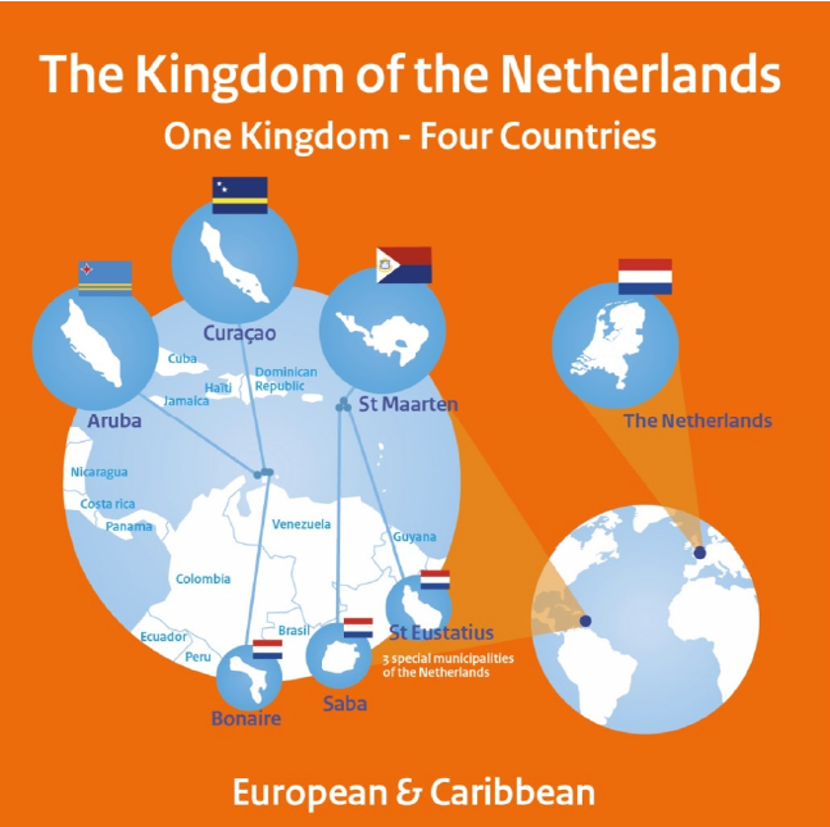Amended Kingdom Charter limits authority Kingdom Council of Ministers

PHILIPSBURG — A kingdom law that amends two articles in the Kingdom Charter limits the authority of the Kingdom Council of Ministers to issue General Measures of Kingdom Governance (Algemene Maatregelen van Rijksbestuur or AMvRB). The law was an initiative of former parliamentarian Gerritjan van Oven who submitted it almost 23 years ago, on December 28, 2000.
Van Oven wanted to take away the Kingdom Council of Ministers’ authority to force cooperation from the Caribbean countries via an AMvRB.
The initiative seemed to be dead in the water for years, until Roelof van Laar (like Van Oven a faction member of the PvdA) put it back on the table. Both the Dutch parliament and the Senate voted in favor of the law but in spite of this nothing much happened for a couple of years. But on Friday November 10, the Ministry of Home Affairs and Kingdom Relations suddenly came out of the woodwork and published the law in the official gazette. King Willem Alexander signed the law on October 21, together with Prime Minister Mark Rutte and State Secretary Alexandra van Huffelen (Kingdom Relations).
On June 7, 2016, Van Laar defended the law in the Second Chamber. “This law is about the question who is in charge in the kingdom. Is that the Kingdom Council of Ministers or is it the representatives of the peoples in the kingdom?”
The Dutch gazette gives the law the following title: Kingdom law of October 21, 2023, to amend articles 14 and 18 of the Kingdom Charter (limiting the possibility to issue an AMvRB without a legal basis).
The law stipulates that an AMvRB remains valid for a maximum of two years and that it expires after that time if it is not based on a kingdom law. Existing AMvRBs remain in place for a maximum of four years.
The law furthermore states that AMvRBs that have no basis in kingdom law can only be established if there are exceptional circumstances of an urgent nature.
###
Read also: Aruban parliament delayed establishment kingdom law for years


























